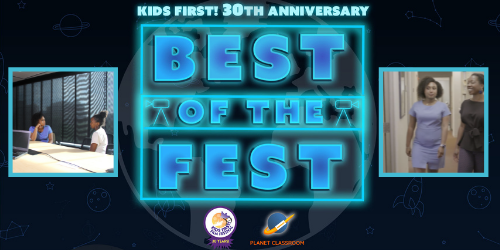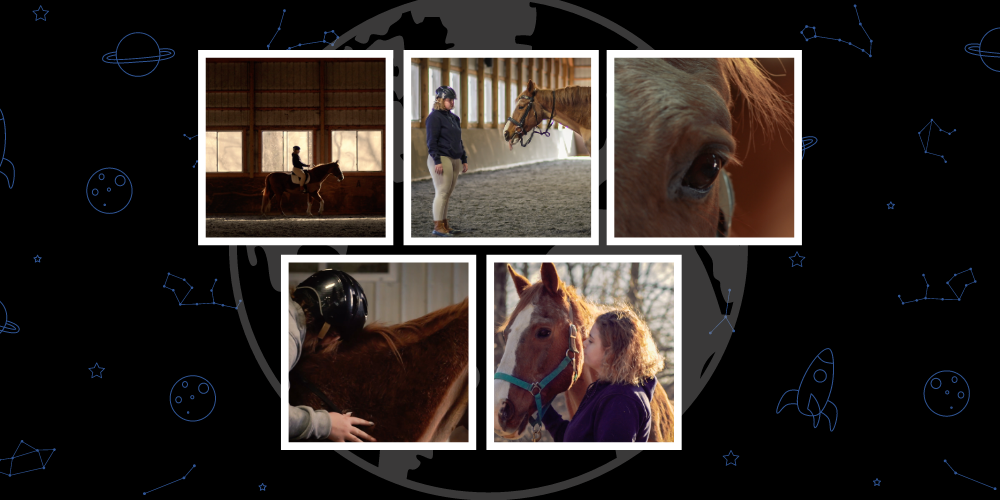Director/Producer Carletta S. Hurt is a filmmaker and educator with an extensive background in the D.C. public and charter school system. Her acclaimed documentary, Clothed Minds, focuses on the effects that school dress code policies have on black girls in the Washington D.C. public and charter school systems. Her film, which is supported by recent research, seeks to explore the impacts of strictly enforcing dress codes on black girls over other races and genders, including detrimental effects on the girls’ school performance, self-esteem, and even the ability to find and maintain work as adults. Clothed Minds was selected for Best of the Fest 2021 by KIDS FIRST! in association with the Planet Classroom Network.
The Global Search for Education is pleased to welcome Carletta Hurt.
Carletta, what inspired you to make this excellent documentary? When did you recognize dress codes were such a problem?
I was inspired to make Clothed Minds after attending an advocacy workshop at the We Are the Girls conference in May of 2017. I was originally attending to gain some information on how to support my students (girls) with advocating for themselves. The session was an overview of the report, Dress Coded: Black Girls, Bodies and Bias in D.C. schools. I was floored by what they shared and wanted more folks to know what was happening, and figured a film about the report was the best way to go about that.
Who do you see as the target audience for this documentary?
The target audience is anyone who interacts and supports black girls. If you work in a school or a place that services black girls, we want you to see this film. It is critical for educators, policymakers, parents and girl serving organizations to watch Clothed Minds and understand dress codes are a small piece of a larger, more urgent puzzle.
What do you hope will be the main takeaways for this audience?
I hope that the audience realizes that this is about more than just dress codes. Oversexualization and adultification are real issues facing black girls in schools.
What do you believe needs to change within the educational sphere for a paradigm shift of dress codes being inclusive to occur?
There are three things that need to occur for a paradigm shift in education. Firstly, policies and procedures that are negatively crafted to be gender exclusive and racially biased have to be changed by revamping, retooling, and/or removing certain policies. Second, black girls and other girls of color along with adults that look and sound like them must be engaged in the discussion and be in a position of power to make a difference. Finally, the idea that dress code policies are just about what a girl is wearing on her body has to change. It is the lack of agency, the lack of freedom to express who she is, and the hindrance of her ability to learn and grow in school.
How do you hope your film will help solve the issues?
My hope is that Clothed Minds brings more light to the issue, builds awareness and action, and ultimately used as a teaching tool that schools and universities will use to educate, empower, and ignite change around this issue.
C.M. Rubin and Carletta Hurt
Don’t Miss Clothed Minds, selected for Best of the Fest 2021 by KIDS FIRST! in association with the Planet Classroom Network.







Recent Comments